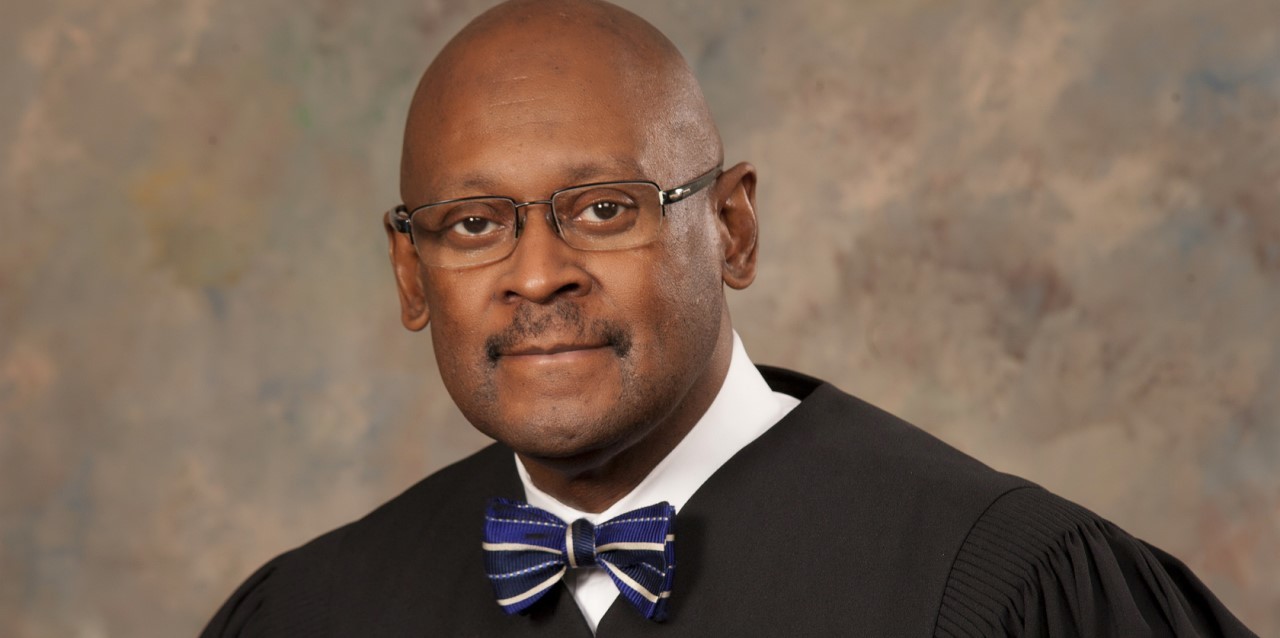The Illinois Supreme Court has revived a medical malpractice lawsuit after determining a plaintiff had done enough to add a doctor as a defendant.
Justice P. Scott Neville wrote the court’s 6-0 opinion, issued May 18; Justice Lisa Holder White took no part in the decision.
The case centers around the death of Donald Cleeton, who lived as a quadriplegic following a cervical cord injury at age 17. According to court records, the Southern Illinois University neurology department managed Cleeton’s condition through a Medtronic infusion system that pumped medication into his spine through a catheter.
Cleeton died Oct. 30, 2017, following a series of complications arising from what was expected to be a routine pump refill five days earlier. He suffered withdrawal symptoms after the pump stopped effectively delivering the medication, and a postmortem examination revealed holes in the catheter pump.
His mother, Carol Cleeton, filed a wrongful death lawsuit against SIU Healthcare, SIU Medicine, Medtronic and named individual doctors, nurses and Medtronic employees. SIU Medicine operates medical facilities throughout southern and central Illinois, including hospitals, emergency departments, cancer centers, psychiatric care facilities, various clinics, and more.
Cleeton’s complaint also listed several respondents in discovery, including Mouhamad Bakir, a pulmonary critical care specialist who became the managing physician when Donald was in the intensive care unit.
While the lawsuit was pending in Sangamon County Circuit Court, Cleeton moved to convert Bakir to a defendant. A county judge denied that motion and the Illinois Fourth District Appellate Court affirmed the ruling, finding Cleeton had insufficient evidence to grant her request. The Illinois Supreme Court allowed Cleeton’s petition to appeal, while also allowing the Illinois Trial Lawyers Association to file a brief in support. The court further permitted support briefs on behalf of Bakir from the Illinois State Medical Society, American Medical Association, and the Illinois Association of Defense Trial Counsel.
According to Neville, the primary issue before the Supreme Court is the appeals panel’s determination that although Cleeton submitted a certificate of merit from physician William Minore asserting “Bakir deviated from the standard of care,” that evidence “failed to establish the proper standard of care,” which was needed to convert Bakir to a defendant.
Neville said state law allows conversion of respondents to defendants when disclosed evidence shows probable cause, adding establishing such cause is a low standard. Neville explained the history of case law and legislative action “intended to ensure that plaintiffs file only meritorious medical malpractice actions and to eliminate frivolous actions at the pleadings stage.” In this case, Cleeton cleared that low bar, the court determined.
“In his certificate, Dr. Minore opined that, within a reasonable degree of medical certainty, Dr. Bakir deviated from the standard of care by his failure to ‘timely recognize the differential diagnosis of Baclofen Withdrawal Syndrome, order treatment consistent with the Medtronic Emergency Procedures received at Memorial Medical Center at approximately 10:44 a.m. on Oct. 30, 2017, and order the administration of Intrathecal Baclofen in a timely manner,’” Neville wrote. “Dr. Minore’s affidavit may not have stated the specific standard of care from which Dr. Bakir deviated, but it did provide the court with sufficient information about what Dr. Bakir failed to do based upon a reasonable degree of medical certainty.”
The court further said Bakir’s actual legal liability remains in dispute, an issued to be resolved on remand to Sangamon County Circuit Court.
Neville also explained that, during oral arguments, Cleeton’s attorneys noted malpractice plaintiffs formerly “felt compelled to name numerous defendants for fear of missing a culpable person and later being held liable for that omission,” but the current state law, amended in 1976, specifically provides such plaintiffs the chance “to name individuals as respondents in discovery and engage in some discovery before deciding whether an individual meets the threshold to be converted to a defendant. It also provides the respondent in discovery the option to seek conversion to defendant status or be dismissed.”
The Supreme Court said the circuit court misapplied the state law’s underlying purpose by seeking more evidence from Cleeton than she was legally required to provide at the early stage of litigation — indeed more than if she had originally listed Bakir as a defendant.
Cleeton has been represented in the case by attorneys Timothy M. Shay and Katherine E. Perry, of Shay & Associates, of Springfield.
Bakir has been represented by attorney Ann C. Barron, of the firm of Heyl, Royster, Voelker & Allen, of Edwardsville.
